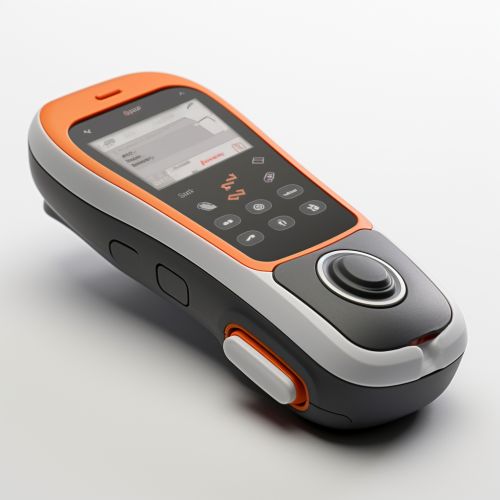Point-of-Care Diagnostics
Introduction
Point-of-care diagnostics (POCD) refers to the medical diagnostic testing performed outside the clinical laboratory in close proximity to where the patient is receiving care. This form of testing is typically performed by non-laboratory personnel and the results are used for clinical decision making. The main advantage of POCD is the speed at which test results can be made available, leading to quicker decision making and treatment initiation.
History
The concept of point-of-care diagnostics has been around for several decades, with the first devices being simple manual tests such as urine dipsticks and blood glucose meters. The advent of microelectronics in the 1980s and 1990s led to the development of more sophisticated handheld devices capable of performing a wide range of tests. These devices were initially used primarily in hospital settings, but their use has since expanded to include outpatient clinics, pharmacies, and even home use.
Types of Point-of-Care Diagnostics
There are several types of POCD, including blood glucose monitors, pregnancy tests, rapid strep tests, and HIV tests. These tests are typically designed to be easy to use and provide results quickly, often within minutes.


Advantages and Disadvantages
The main advantage of POCD is the speed at which test results can be made available. This can lead to quicker decision making and treatment initiation, which can be particularly beneficial in emergency situations. POCD can also be more convenient for patients, as it can eliminate the need for them to visit a laboratory for testing.
However, there are also potential disadvantages to POCD. The accuracy of the results can be affected by a number of factors, including the quality of the test, the skill of the person performing the test, and the condition of the patient. There is also the potential for over-reliance on POCD, with the risk that more comprehensive laboratory testing may be overlooked.
Future Developments
The field of POCD is constantly evolving, with new technologies and tests being developed all the time. One area of particular interest is the development of molecular diagnostic tests that can be performed at the point of care. These tests could potentially provide even more accurate and detailed information about a patient's condition, leading to more personalized treatment plans.
